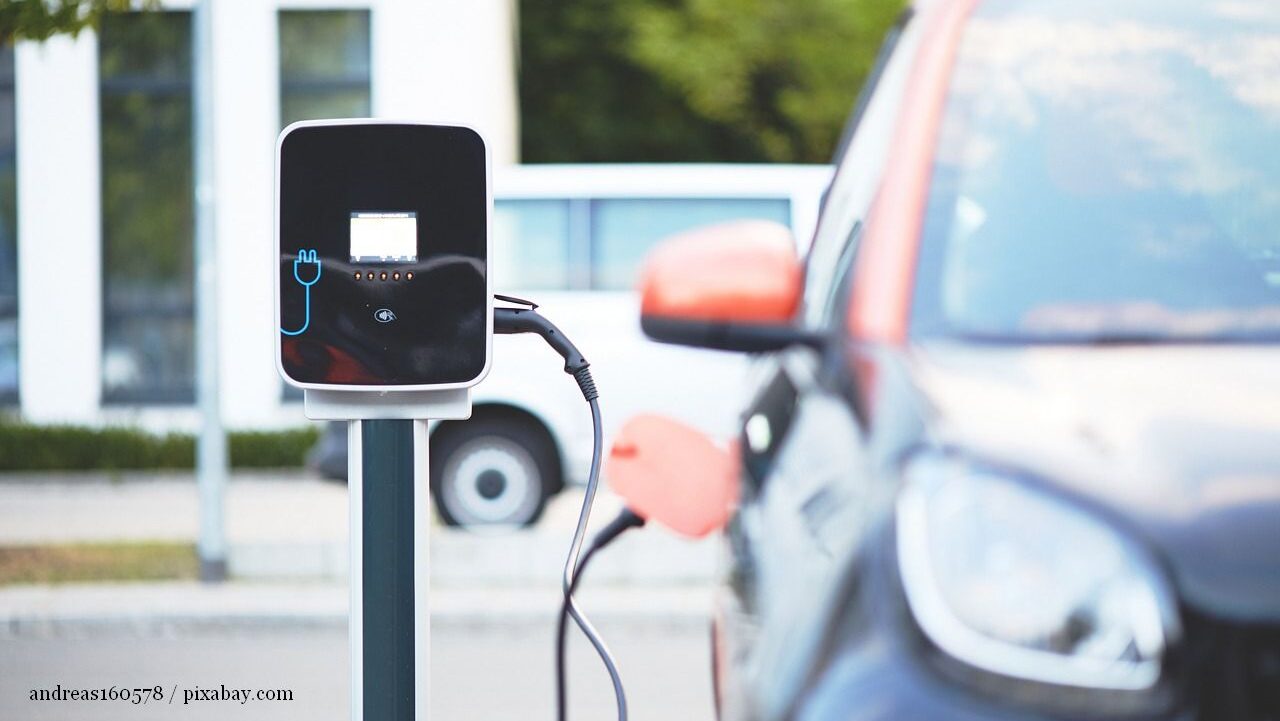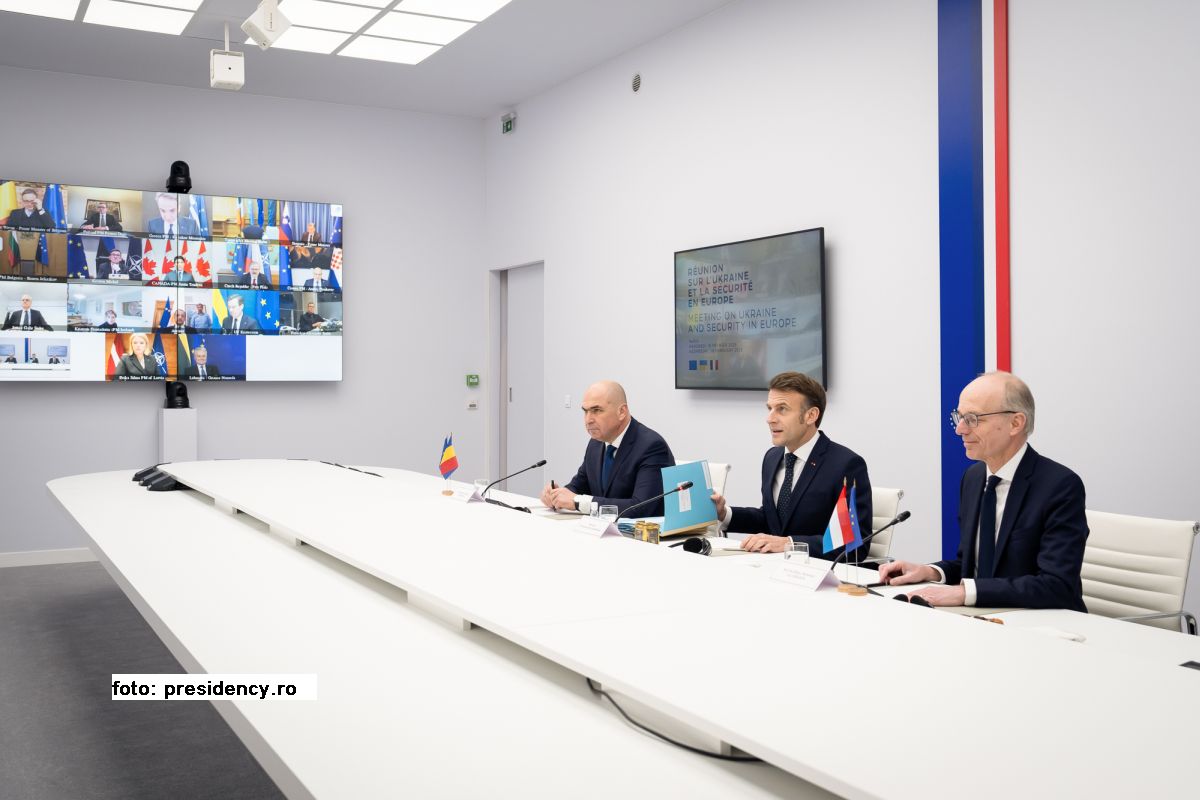Efforts to unlock deadlock in Brexit negotiations
Negotiations regarding Great Britains exiting the EU continue amid difficulties related mainly to the amount of money London will have to pay back upon breaking with the community bloc

Corina Cristea, 17.10.2017, 12:54
In the coming months, the efforts of Brussels and London for a Brexit agreement are going to speed up. This is the conclusion of the talks the President of the European Commission, Jean-Claude Juncker, held with the British Prime Minister Theresa May on Monday. The talks were held in Brussels and Mrs. Mays visit had been planned several weeks before, despite rumors voiced by news agencies according to which the British Prime Ministers visit to Brussels was an emergency one, called for after the latest round of talks when Brexit negotiations seemed to have reached a deadlock.
The negotiations, started shortly after Great Britain decided to leave the EU through a referendum, have come to a standstill because of divergent views on the amount of money Great Britain is set to pay back upon leaving the bloc. The European Commission chief negotiator for Brexit, Michel Barnier, has deplored this extremely concerning situation. Fresh from a 5th round of talks, Michel Barnier told a press conference held jointly with the British Brexit Secretary, David Davis, that they had constructive discussions, clarified certain issues without, however, taking any steps forward. Talks were held ahead of a crucial EU summit scheduled for October 19 and 20, when London hopes to broker the start of negotiations on the future of trade relations between the EU and Great Britain.
According to a draft statement of EU leaders, as quoted by Reuters, the UK will be presented with the opportunity of opening free trade negotiations in December. In return, London is expected to come up with friendlier conditions for exiting the EU. According to Brussels three chapters represent a priority, namely the Brexit “bill, the rights of EU citizens in Great Britain and the situation of the border between the Republic of Ireland and the British province of Northern Ireland. The EU representatives also condition any talks on a future relation with London on a previous agreement on these issues.
In Great Britain, Foreign Secretary Boris Johnson had an informal meeting with his counterparts from several European states, which was also attended by the Romanian foreign minister Teodor Melescanu. The Romanian official pointed out that Romania would maintain the Strategic Partnership with Great Britain after Brexit, in full compliance and coherence with the goal of building European unity. (Translated by L. Simion)






























